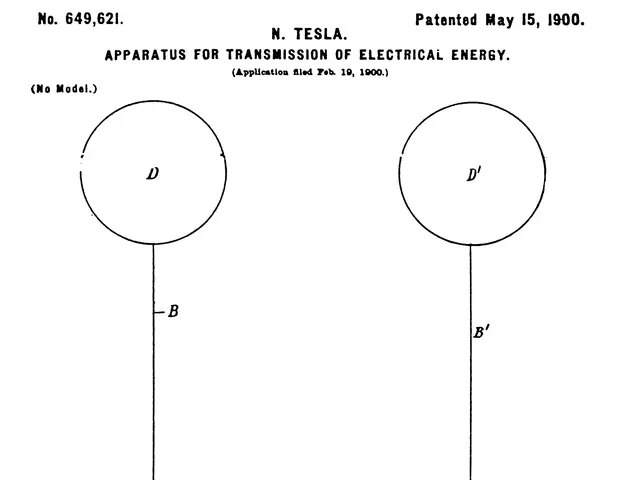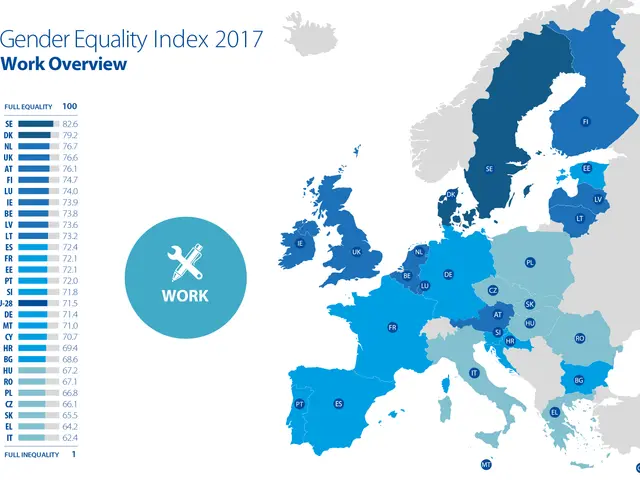EV Shift Could Slash Emissions, But Battery Metal Demand Soars
The world's shift towards electric vehicles (EVs) could significantly reduce greenhouse gas emissions from transportation. However, this transition also brings challenges, including a dramatic increase in demand for critical battery metals like lithium, nickel, and cobalt, which have substantial environmental impacts.
With a 40% EV adoption rate by 2050, lithium demand could soar by 2,909% from 2020 levels. In a 100% EV scenario, this need could grow by over 7,500%. Other critical metals, such as nickel and cobalt, would also surge by more than 2,000% each. This increased demand will particularly affect countries like the Democratic Republic of Congo, a major cobalt producer, the United States, and Europe, with countries like Poland investing strategically to secure these materials.
Mining these metals has severe environmental consequences, including deforestation, high water use, and toxic waste. Heavy-duty vehicles, requiring more critical metals, could account for 62% of demand in coming decades. To meet future demand, constructing a circular economy and improving battery recycling rates will be crucial. Additionally, ensuring a decarbonized electricity supply is vital to fully realizing the emissions reduction potential of EVs.
The global shift to electric vehicles could substantially cut transportation emissions but also presents challenges in meeting the increased demand for critical battery metals. Addressing these challenges, including environmental impacts and recycling, will be key to a successful transition.
Read also:
- Osteoarthritis and premature retirement: Entitlements and advantages
- Tulsa Fights Rising STIs: Free Testing & Awareness for Gen Z
- Blue Raven Solar Empowers Chicago with Innovative, Affordable Solar Solutions
- Uncovering the Purpose and Distinctiveness of Human Fingerprints: An Exploration of Their Significance and Individuality








